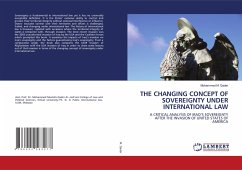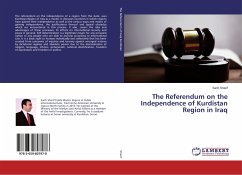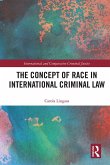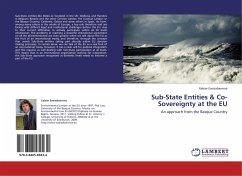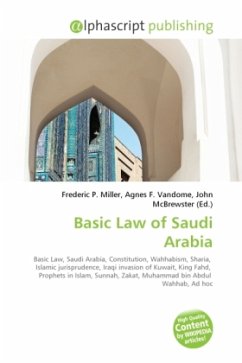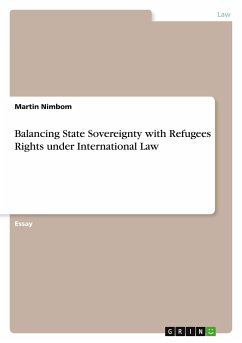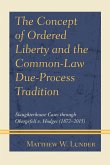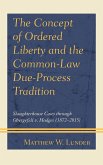Sovereignty is fundamental in international law yet it has no universally acceptable definition. It is the States' exclusive ability to control and protect their territorial integrity without external interference or influence. States' exclusive control over their territories and affairs is challenged, frailed, and changing under international law. The history of international law is however, repleted with occasions where the territorial integrity of states is tempered with, through invasion. The most recent invasion was the 2003 unauthorised invasion of Iraq by the USA and the Coalition forces which prompted this book. It examines the impacts of Iraq's invasion on Iraq's sovereignty and the factors guaranteeing Iraq's sovereignty. From a comparative angle, the book also compares the USSR invasion of Afghanistan with the USA invasion of Iraq in order to draw some lessons out of that invasion in terms of the changing concept of sovereignty under international law.

